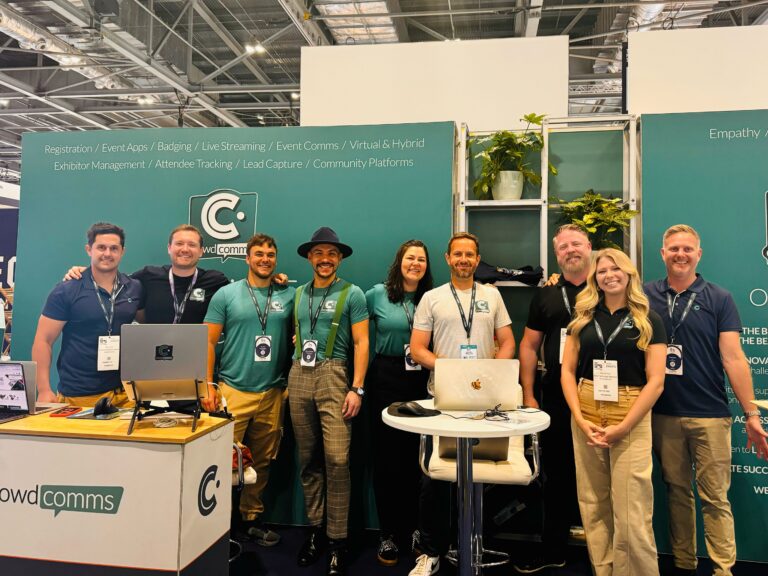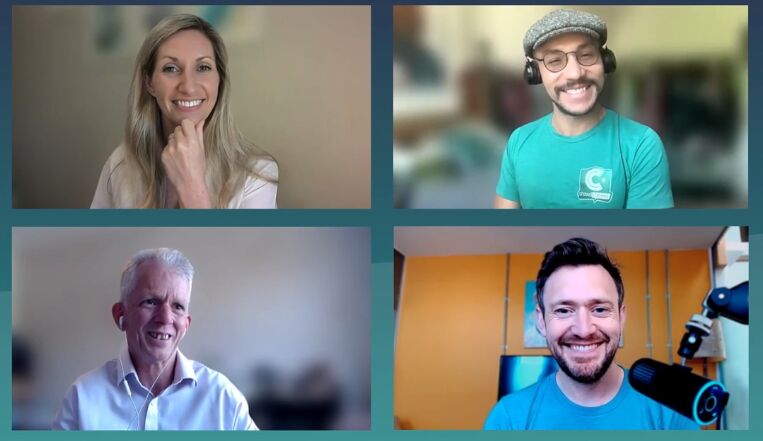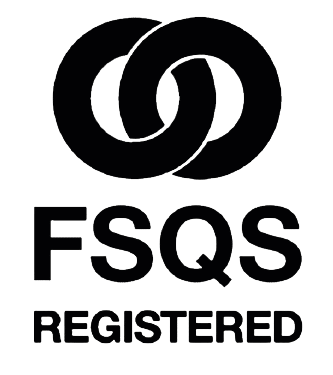
While you’re probably sliding your hand up if your boss is watching, many people dread the idea of starting conversations with strangers at events. However, it’s a necessity for both personal and professional growth.
Networking in groups of new people or large crowds can be intimidating, awkward, and can feel like a waste of time if you don’t make any valuable connections. But fear not, we’ve been doing it for years, so we’ve pulled together our team’s experiences and with these top tips for starting engaging conversations at events, you’ll be a networking pro in no time.
Unconventional Icebreakers
If you’ve already done the handshake and freeze up, you can go with a simple “so what do you do?” but it might lead to a stale conversation or one that you’ve had a million times before. Instead, try using unconventional icebreakers to get the conversation started.
- Ask about their favourite travel destination and why
- Share an interesting fact about yourself and ask them to do the same
- Talk about your favourite book or movie and ask for their recommendation
These types of questions can lead to more natural and engaging conversations, rather than just talking about work-related topics and you could start to form more interesting relationships, which, if you can recall some of these facts in a future meeting, can really impress and build a stronger connection.
Discuss Unique Topics
Once you’ve broken the ice, you could further your event networking skills with topics that are perhaps less expected than normal, yet relatable to your industry or event:
- “Have you read any good books lately that you’d recommend?”
- “If you could instantly master any skill, what would it be?”
- “What’s the most interesting event location you’ve ever been to?”
These topics make the conversation engaging and reveal aspects of your personality and interests.
Networking through Shared Experiences
Share Personal Stories
Sharing personal stories related to the event or your industry can create deeper connections:
- Talk about a challenge you’re facing at work right now – your new networking partner might be able to make a recommendation of someone else to speak to.
- Share a funny or insightful experience from a previous networking event or better yet, something that happened that day!
- Talk about something you did on holiday, or a place you visited that’s been on your bucket list for ages. Even if it’s not directly related to the event, it can still make for an interesting conversation and help you connect with someone.
By sharing personal stories, you can create a more meaningful connection with the person you’re speaking to and potentially find common ground.
Attend Workshops or Breakout Sessions
Workshops or breakout sessions are designed for attendees to work together towards solving a problem or discussing a specific topic and are a great way to have some help breaking into groups or conversations.
These can be great opportunities to network with like-minded individuals and dive deeper into discussions compared to just mingling at the event and not really getting quality time getting to know someone.
By attending these sessions, you have an immediate shared experience with others in the group, making it easier to start conversations and build relationships.
In addition, if there is an event moderator leading the workshop or session, be sure to connect with them as well as they may have valuable insights and connections that could benefit you in the future.

The Power of Observation
Event networking isn’t all about conversations.
Leverage Non-Verbal Cues
Use non-verbal cues as conversation starters:
- Body Language: Notice if someone seems approachable or interested in a particular topic. If they’re standing alone, try approaching them and starting a conversation.
- Accessories or Attire: Pay attention to any unique accessories or attire that someone may be wearing. This could open an opportunity for you to complement their style and start a conversation about fashion, travel or something you haven’t thought of yet!
- Environmental Cues: Use the event space as a conversation starter. If there is artwork on display, ask for their opinion. If you notice someone with food from the catering, ask what they recommend trying.
Observing and commenting on these cues can initiate conversations naturally and effortlessly.
Event Networking for Introverts
Arrive Early
Arriving early can help you avoid large crowds and make it easier to start conversations:
- Smaller groups are less intimidating and more manageable.
- You can introduce yourself to the organisers or early arrivals.
- You can get a lay of the event site, see where the toilets are, the catering or refreshment stands – so that when someone asks “where can I get a drink here” you already know the answer.
Set Achievable Goals
Set small, achievable goals for each event:
- Aim to have meaningful conversations with three new people for example.
- Focus on quality over quantity; deep connections are more valuable than numerous superficial ones.
- See if you can schedule a coffee meeting with one person for the next day.
Setting achievable goals can help you stay focused and make the most out of each event. Remember, it’s not about meeting everyone at the event, but rather making genuine connections with a few key individuals.
Take Breaks
Don’t be afraid to take breaks throughout the event to recharge and regroup:
- Find a quiet spot to check your emails or take a breather if needed.
- Use this time for self-reflection – what went well in your conversations, what could you improve on?
Taking breaks can help introverts feel less overwhelmed and give them time to recharge before jumping back into networking activities. It’s important to find a balance that works for you and your personality.
Focus on Quality
Prioritise meaningful interactions over the number of connections and conversations:
- Quality interactions can lead to long-lasting connections and potential opportunities in the future.
- Spend more time with individuals who share your interests.
- Remember, it’s not about being the most social person at the event, but rather making genuine connections with people you resonate with and meet your networking goals.

The Science of First Impressions
Understand First Impressions
Understanding the psychology of first impressions can help you make a positive impact and for this blog, we’re going to keep it simple as a gentle reminder to ensure you’re approaching networking events in the right mindset.
- Smile: A warm smile can make you appear more approachable.
- Eye contact: Maintain eye contact to show you’re engaged and attentive.
- Open body language: Stand or sit with an open posture to appear inviting.
Be Genuine
Authenticity is key to making a lasting impression:
- Be yourself and show genuine interest in others.
- Avoid rehearsed pitches; instead, engage in sincere conversations.
- Remember, networking is about building relationships, not just exchanging business cards.
By being genuine, you will come across as more relatable and trustworthy, making it easier for others to connect with you on a deeper level.
10 Conversation Starters that Work
- “What brings you to this event today?”
- “Have you been to this venue before? Isn’t it lovely?”
- “I loved your presentation earlier; can you tell me more about [specific topic]?”
- “Do you have any recommendations for must-see spots in the city? I’m new here.”
- “Which breakout session/workshop are you attending later? I’m interested in joining too.”
- “I noticed on your LinkedIn profile that we share a common interest in [hobby/passion]. How did you get into that?”
- “Did you catch the keynote speakers talk? What were your thoughts on it?”
- “Can you recommend any other networking events or conferences in the industry?”
- “I saw that you work for [company]. What do you enjoy most about your job?”
- “I noticed we both have a similar background in [industry/field]. How did you get started in your career?”
Using these conversation starters can help break the ice and lead to more meaningful discussions, making it easier for introverts to network with others at events.
Mastering Event Networking
Mastering the art of networking can involve stepping out of your comfort zone and trying unconventional approaches.
By using unexpected icebreakers, sharing personal stories, leveraging non-verbal cues, and understanding the science of first impressions, you can start engaging conversations that leave a lasting impact.
You can also use CrowdComms networking features in the best mobile event app to make connecting with fellow attendees more seamless and efficient.





